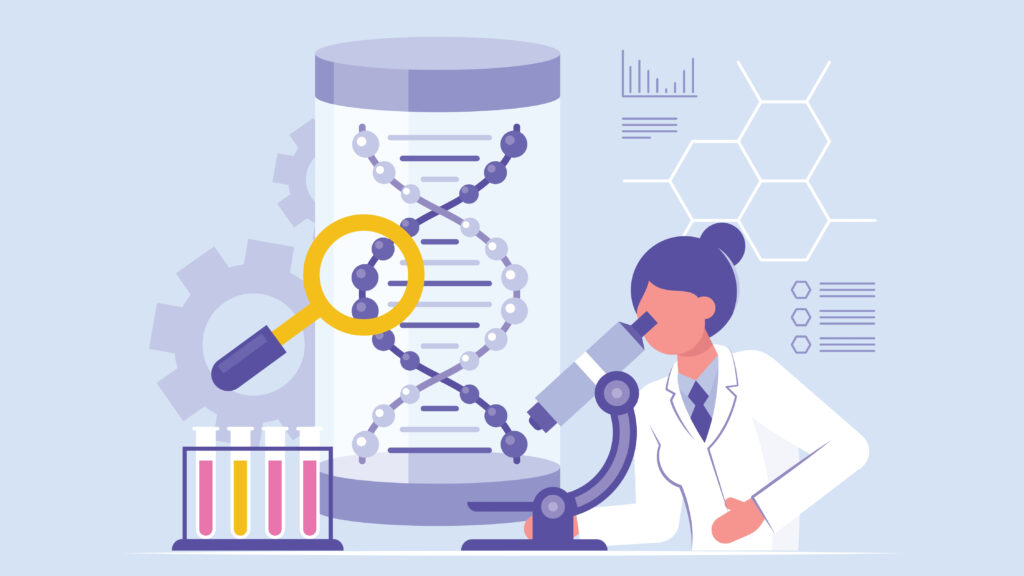Want to stay on top of the science and politics driving biotech today? Sign up to get our biotech newsletter in your inbox.
Hello, everyone. Damian here with news of an averted activist challenge, biotech on late-night TV, and the latest deal in oncology’s hottest space.
advertisement
BioMarin appeases an activist
Alexander Hardy, the new CEO of BioMarin Pharmaceutical, had an unenviable introduction to the job. Weeks before his first day, Elliott Management, a famed and formidable activist investor, disclosed a sizable stake in BioMarin, suggesting trouble ahead for a management team that had yet to get started.
A month later, BioMarin seems to have sorted it out. The company said yesterday it had signed an agreement with Elliott under which BioMarin will add three new board members, conduct a review of corporate strategy, and host an investor day next year. Elliott, in exchange, endorsed Hardy as “the right leader for this chapter of BioMarin’s value creation story” and implicitly ruled out agitating for major managerial changes.
Elliott’s interest arrived at a point of relative weakness for BioMarin. The company recently scaled back its sales projections to account for a slow launch of its gene therapy for hemophilia A. But unlike the many foundering biotech companies that attract activist pressure, BioMarin actually makes money, and its other recently approved medicine, a treatment for the most common cause of dwarfism, is on pace to become its biggest-ever product.
advertisement
GSK wants more ADCs
This has been the year of the antibody-drug conjugate, a cancer-treating technology with a long history that is suddenly en vogue among the world’s largest pharmaceutical firms. That includes GSK, which signed another multibillion-dollar deal to expand its pipeline of ADCs.
The company said yesterday that it will pay $185 million to Chinese drugmaker it to collaborate on an early-stage treatment for lung and other cancers. The deal, worth up to $1.5 billion, follows a similar agreement between the two companies disclosed earlier this year.
The promise of ADCs — which pair tumor-killing chemotherapies with targeted antibodies — has led to billions of dollars in dealmaking in 2023 alone. Among the highlights are Bristol Myers Squibb’ $8.4 billion deal for the rights to an ADC from a private firm called SystImmune, Merck’s agreement to pay up to $22 billion to partner on three compounds from Daiichi Sankyo, and Pfizer’s pending $43 billion acquisition of Seagen, a pioneer in the space.
Can gene therapy be a joke?
Last weekend, in what is almost certainly a first, a biotech milestone became fodder for “Saturday Night Live.” The joke, staged at an office gift exchange, is this: A white employee offers up Casgevy, the treatment, from Vertex Pharmaceutical and CRISPR Therapeutics, that appears to cure sickle cell disease, which predominantly affects Black people. Her Black colleague is grateful, but then swaps it for a singing, trumpet-playing Santa figurine, and laughter ensues.
But as STAT Jason Mast reports, to many in the sickle cell community, there was nothing amusing in the sketch. As the clip made its way around social media, advocates, patients, and doctors said it seemed to perpetuate falsehoods and stereotypes that had harmed sickle cell patients and held back progress for decades. Namely, that sickle cell was strictly a “Black disease,” and that patients didn’t or couldn’t make responsible decisions about their own disease — that they would, for example, choose a Santa toy over a curative therapy.
“To see sickle cell as a joke — it was very distressing,” said Mary Brown, director of the Sickle Cell Disease Foundation. “I have seen people die. I have been to too many funerals.”
The FDA might finally act on trial diversity
For years, researchers have pointed out that newly approved drugs are rarely studied in patient groups that resemble the actual U.S. population, creating scientific and societal problems in medicine. Next year, the FDA has a chance to do something about it.
As STAT’s John Wilkerson reports, some time in the next year, drug and medical device companies are legally required to present the FDA with plans to diversify their clinical trials. That’s part of a law, passed in 2022, meant to twist the industry’s arm into gathering more data from patients who might ultimately use their products.
To some advocates, the question is whether the FDA will hold companies to their promises — and how much authority the agency has to do so.

